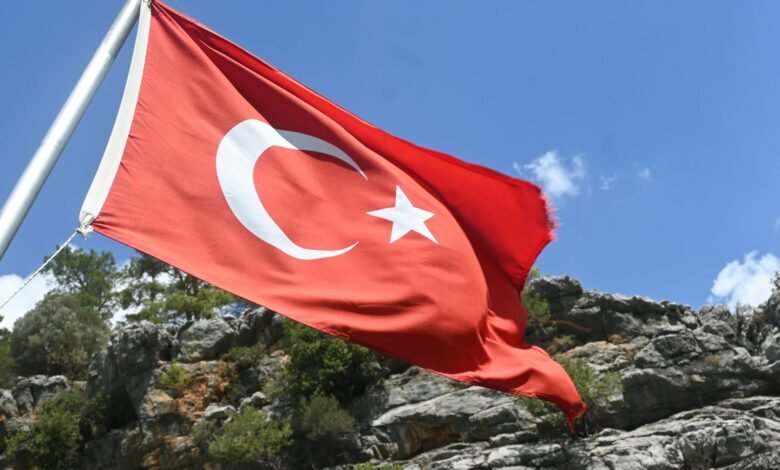Turkiye
A Guide to Turkish Culture and Customs for First-Time Visitors

Turkey’s culture is a vibrant blend of Eastern and Western influences, shaped by its unique history and geography. Turkish people are known for their warmth, hospitality, and strong sense of tradition. Here’s what you need to know about Turkish customs, etiquette, and cultural nuances to feel at home in this beautiful country.
1. Hospitality and Generosity
- Turkish people take pride in their hospitality and often go out of their way to make guests feel welcome. Expect to be offered tea or coffee in shops and homes; it’s a gesture of friendship and warmth.
- When invited to a Turkish home, it’s customary to bring a small gift, such as sweets or flowers.
2. The Art of Tea Drinking
- Tea (çay) is a significant part of Turkish culture. Served in small tulip-shaped glasses, tea is offered frequently in homes, markets, and shops.
- Accepting a cup of tea is considered polite, and sharing tea with locals can be a memorable part of your experience.
3. Greetings and Etiquette
- A handshake is a common greeting, but close friends or family members may greet each other with kisses on both cheeks.
- For more formal greetings, use “Merhaba” (hello), and say “Hoşça kal” (goodbye) when parting. Learning a few Turkish phrases is always appreciated!
4. Dress Code and Modesty
- Dress modestly, especially in rural areas and religious sites. For example, women may want to carry a scarf to cover their heads when entering mosques.
- In metropolitan areas like Istanbul, people dress more casually, but respectful clothing is encouraged for certain settings.
5. Visiting Mosques and Religious Etiquette
- Turkey has beautiful mosques that are open to visitors. When visiting, dress modestly, remove your shoes, and remain quiet to respect the sanctity of the space.
- Avoid visiting during prayer times, or be mindful that you may need to wait outside.
6. Ramadan and Religious Observances
- During the holy month of Ramadan, many Turks fast from dawn to sunset. Tourists are not required to fast but should be mindful that some restaurants may operate with reduced hours.
- Respectful behavior includes not eating, drinking, or smoking in public during the daytime in this period.
7. Dining Customs and Table Manners
- Turkish meals are often shared, and offering food to guests is common. Avoid declining food offered by hosts, as this can be seen as impolite.
- While utensils are used, it’s customary to use bread to scoop certain dishes. Meals are often followed by tea or Turkish coffee.
8. Bargaining in Markets
- Bargaining is expected in traditional bazaars, and it can be a fun way to interact with local sellers. Begin with a polite inquiry about the price, and negotiate kindly.
- In larger stores and modern shopping areas, prices are typically fixed.
9. Respect for Elders
- Elders are highly respected in Turkey. If you’re in a group, greet the oldest person first as a sign of respect. Offering seats to elders on public transport is also common.
10. Important Social Etiquette
- Showing the soles of your feet or pointing them at others is considered rude. Similarly, refrain from blowing your nose in public as it is frowned upon.
- Public displays of affection are generally discouraged, especially in conservative areas, though hand-holding among friends is common.
11. Public Holidays and Celebrations
- Turkey has several important national holidays, including Republic Day (October 29) and Victory Day (August 30). On these days, you’ll see flags and festivities throughout the country.
- If you’re traveling during a holiday, check for any closures or celebrations that may impact your plans.
Conclusion
Exploring Turkey’s rich culture and customs can add depth to your travel experience. Embrace these cultural nuances, enjoy the generosity of Turkish people, and you’ll have a more rewarding and memorable visit.



